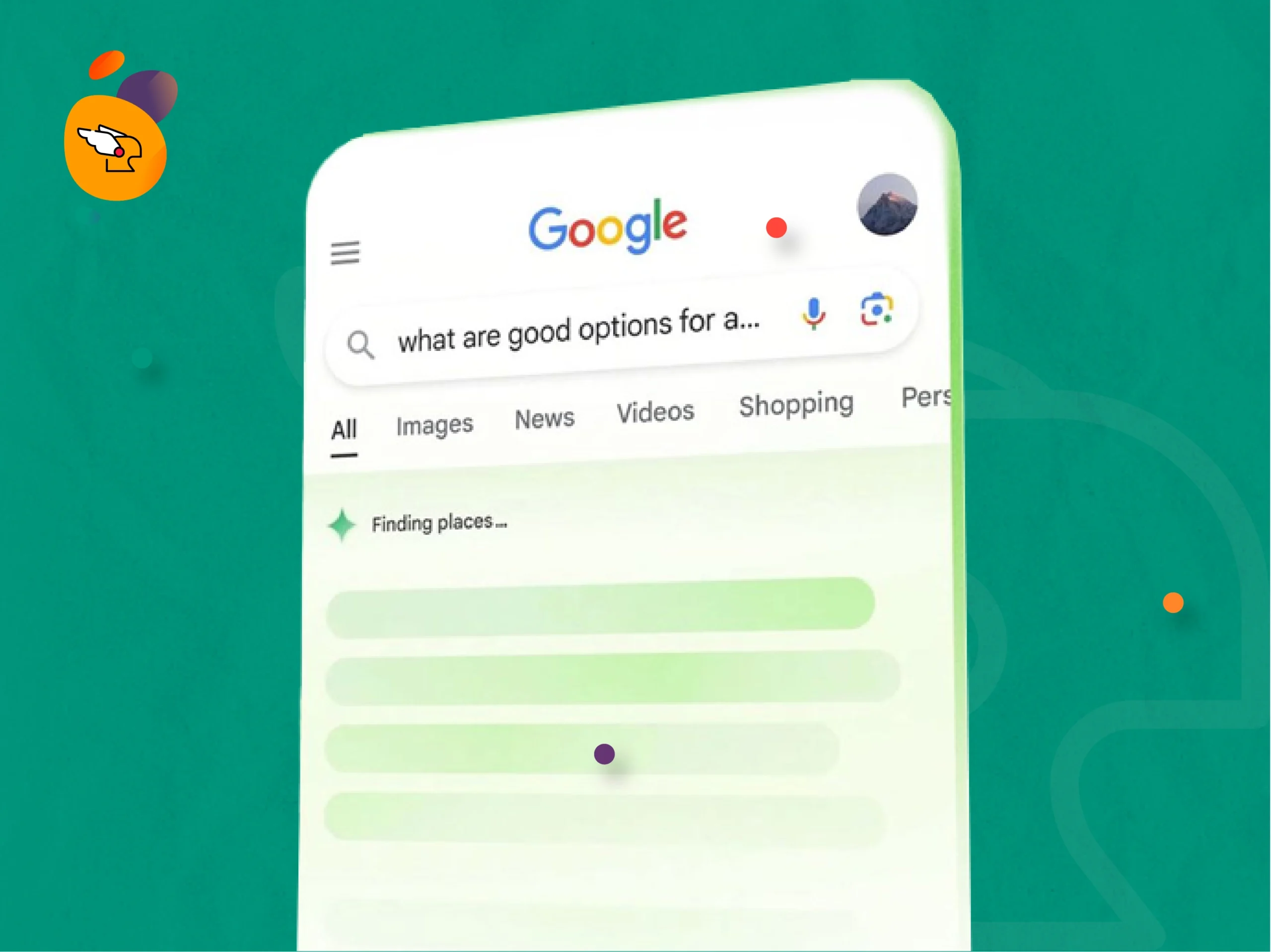All Article
Digital Marketing
The Great Debate: Website or Marketplace?

Creating a website sure is expensive, huh? With the blooming marketplace ecosystem, it’s easier to push customers to convert, with easier payment gateway and various discounts. Aside from ease of access for customers, marketplaces also provide an easy user interface for business owners where a lot less effort is required to cater to their customers and for sales reporting.
But why do you think big companies are racing to win the perfect domain and spend thousands of dollars to enhance their website?
For starters, the number one perk of having your own website is owning your own data. In this competitive digital world, your customer data is the key to creating the perfect strategy to generate new audiences and increase retention rate. Plus, the idea of not having to pay platform fees sounds intriguing, doesn’t it? Not only that, your own website is the perfect platform to highlight your unique selling points, benefit feature guarantees, and special promotions for loyal customers using loyalty programs. Moreover, if you can build an efficient and engaging website, customers tend to comfortably stroll around your website and continue their buying journey then and there.

Although websites have their own perks, surely there must be a price to pay for such luxury. Building a website is not only pricey, but it’s also considered an investment. This means, herding customers into the website to browse or even purchase might take a while, from 6 months to a year. During this period, business owners usually execute some strategies to accelerate the process including creating special offers for website purchases, creating exclusive campaigns for new collections, and other actions to raise the benefit of website purchase.

Not all business owners are ready to wait too long for the audience to buy their products. If this is the case for you, then the marketplace is the way to go. With an already strong brand presence and set of customers ready to shop, the upper funnel won’t be an issue that you have to tackle intensely. The ease of payment is also one of the perks that marketplace have to offer. Furthermore, some marketplaces even offer safe guarantees for products, which can be a great determination of why customers choose to purchase through marketplaces, making it harder for brand owned websites to compete with those platforms.
In exchange for all the ease of usage, marketplaces need some cash to keep the platform running in which they require sellers to pay a certain percentage of platform fees. Should the marketplace become big enough and develop into customer’s top of mind for shopping activities, they can charge higher platform fees which can be a major disadvantage and the reason why business owners shift to their own websites. However, even with a higher platform fee, some businesses manage to get their way around the system and generate a higher purchase value in a month from the marketplace, so it’s not actually a total bust.

Knowing all the perks and limitations of each platform, which do you think suits your business best?
Related Article
All Article
11 Feb 2026
Kenapa Brand Tetap Butuh Strategic Partner di Era AI untuk Tumbuh Lebih Cepat
Brand sudah pakai AI tapi belum optimal? Cari tahu kenapa strategic partner tetap dibutuhkan agar AI lebih berdampak.
Read More
All Article
11 Feb 2026
AI Search Mengubah SEO: Apa yang Berubah dan Apa Dampaknya
Di era AI Search, traffic bukan satu-satunya indikator sukses SEO. Artikel ini membahas perubahan, dampak, dan strategi adaptasinya.
Read More
All Article
10 Feb 2026
Monthly Report: Bukan Sekadar Laporan, Tapi Alat Evaluasi Agency
Monthly report bukan sekadar laporan rutin. Pelajari fungsi reporting sebagai alat evaluasi strategis antara agency dan klien.
Read More




